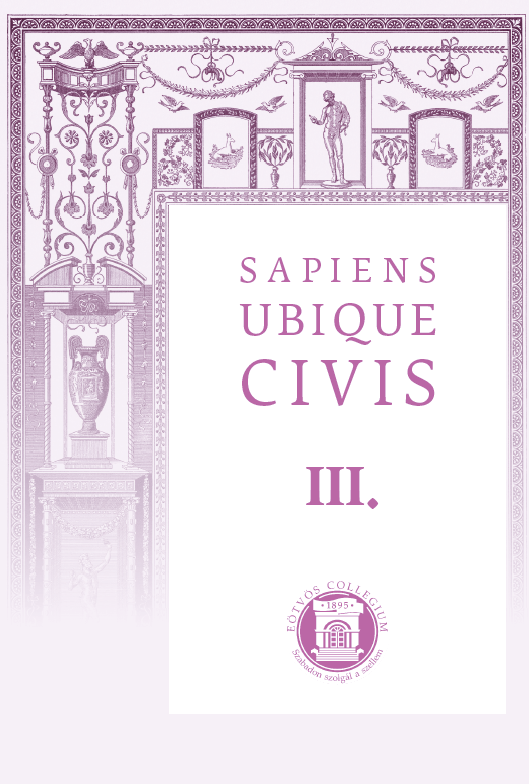‘Green vines on the slag of ruin’?
The Choir in Euripides’ Bacchae
DOI:
https://doi.org/10.14232/suc.2022.3.87-110Keywords:
Euripides, Bacchae, bacchants, slaves, class, Wole Soyinka, Athens, ThebesAbstract
In this paper, I am examining the social role of the choir in Euripides’ Bacchae. I am arguing that Wole Soyinka’s adaptation The Bacchae of Euripides. A Communion Rite presents a viable model to understand the social relevance of the characterisation of the bacchants in Bacchae better. Also Euripides’ choir, like Soyinka’s slave choir, is affected by the expectation of the role of rural, foreign slaves. The exceptionality and the dramatic conflict of the bacchants lies in the fact that they are free followers of Dionysus while the other protagonists in the play expect them to be slaves. An understanding of the choir along these lines affects the interpretation of the entire Bacchae: the play becomes, thus, also a social drama about potential class conflict and class hatred, a problem that Attic tragedy is able to negotiate in the mirrorreality of mythical Thebes.



